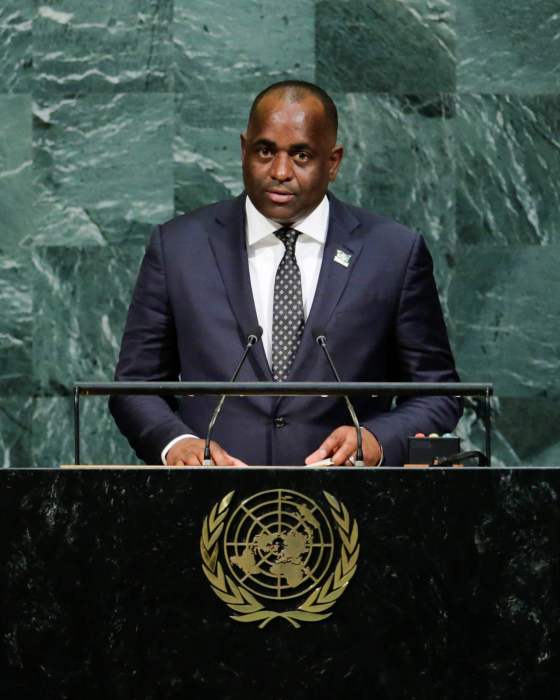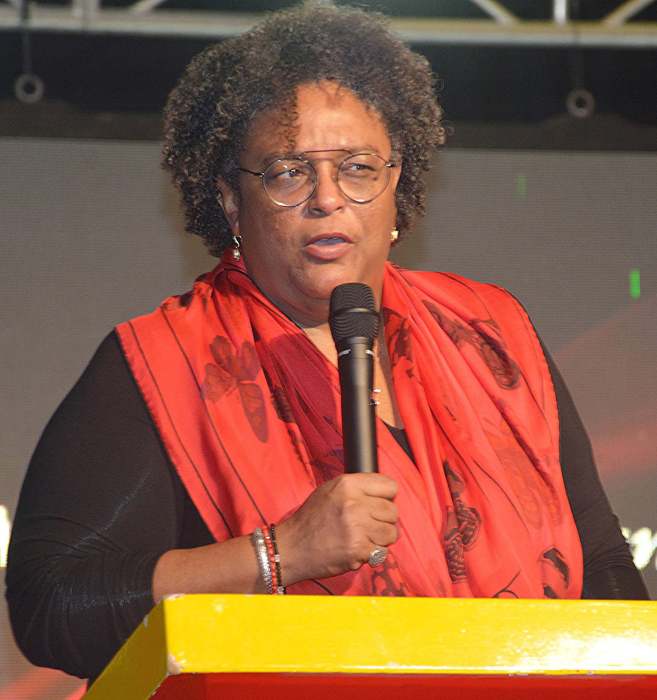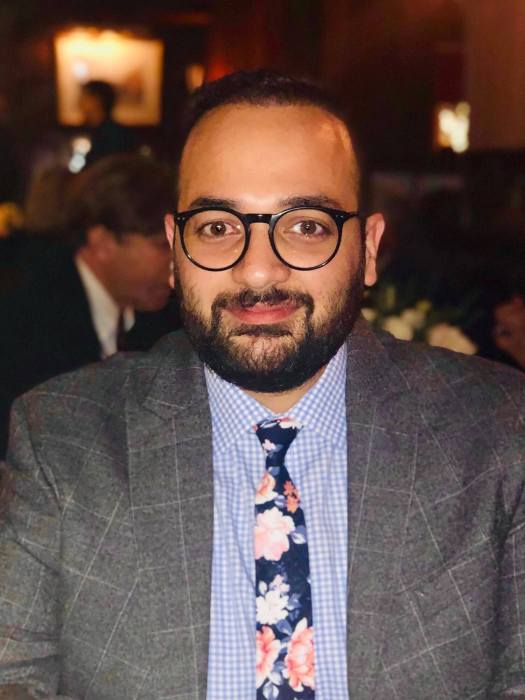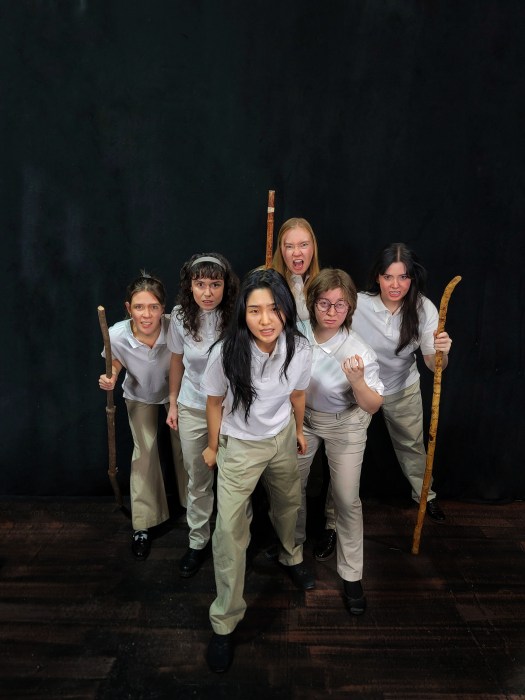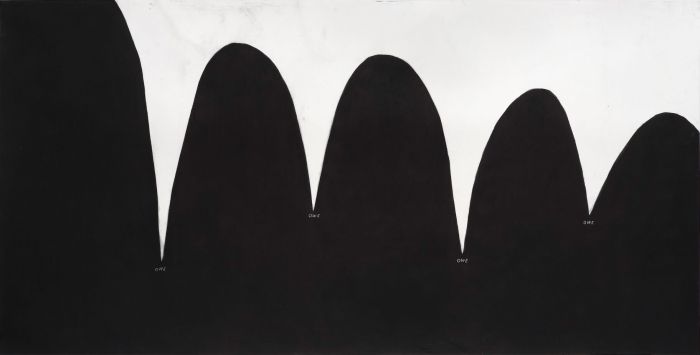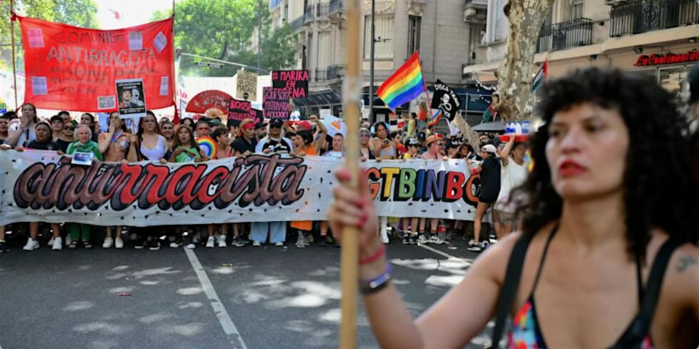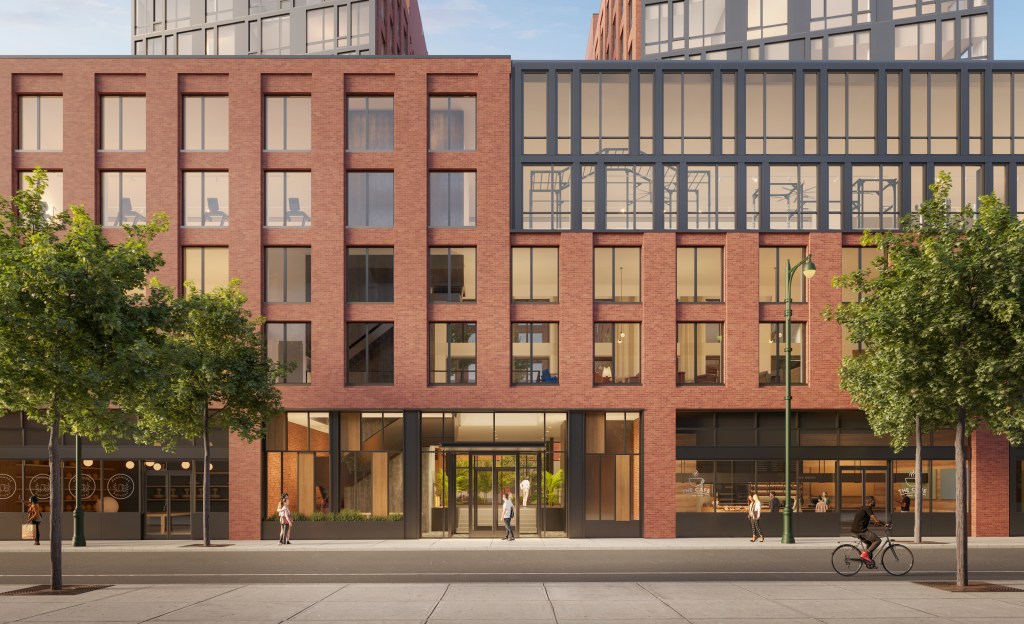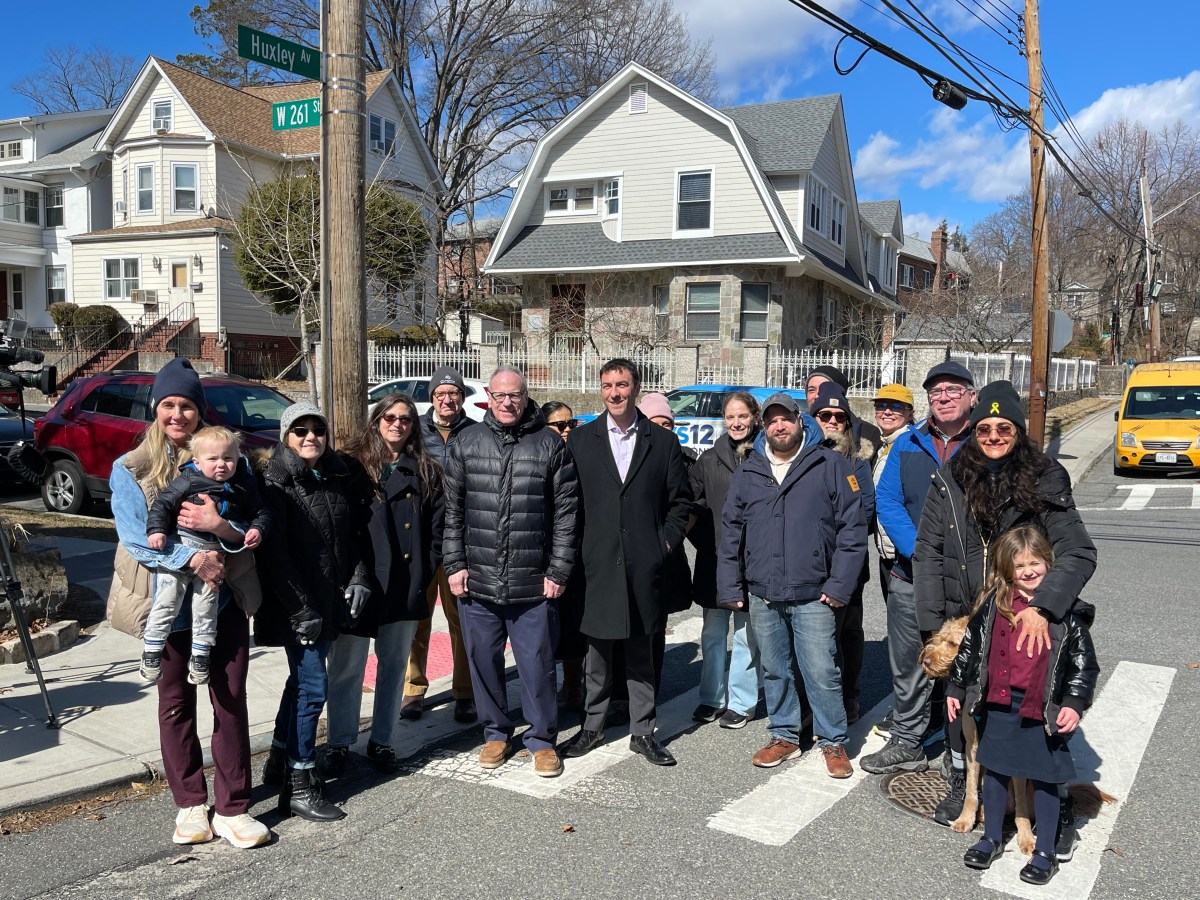UNITED NATIONS (AP) _ Haiti is demanding a “pause” in a U.N. plan to nearly cut in half a peacekeeping force just as the poorest country in the Western Hemisphere is poised to enter a tense election period.
Ambassador Denis Regis warned the U.N. Security Council on Wednesday that the withdrawal, which begins this month, will jeopardize the country’s security situation. President Michel Martelly made the same plea in a letter to the U.N. this month.
Under pressure from the U.N. and the United States, including a visit from the Security Council in January, Haiti this month scheduled its presidential election for October and set an August date for long-delayed legislative elections that have been a source of growing political friction.
Haiti’s leaders would like the U.N. peacekeeping reduction to wait until the elections are over.
The current plan says the number of multinational troops in Haiti will drop to 2,370 by June. The U.N. secretary-general last fall recommended that the cut start immediately, but some countries protested and the start of the reduction was pushed to this month instead.
Some of the most powerful members of the Security Council on Wednesday supported the reduction going ahead, including the United States, saying that Haiti’s national police will be able to help ensure calm during the elections.
“Ultimately the responsibility for ensuring (the elections’) success lies with Haitians,” U.S. Ambassador Samantha Power said.
But more than a dozen countries lined up to warn that troops were being cut too quickly. Many were from Latin America, but Canada and New Zealand also expressed their concern. Some speakers pointed out that 300 U.N. police forces that have been authorized for the mission have not yet arrived.
“We all understand what’s at stake here,” Regis told the council. “We must avoid any premature disengagement.”
The top U.N. envoy to Haiti, Sandra Honore, asserted that the country’s security situation is “relatively stable.”
The U.N. peacekeeping mission in the island country of 10 million people was established in 2004 after the ouster of then-President Jean-Bertrand Aristide.


